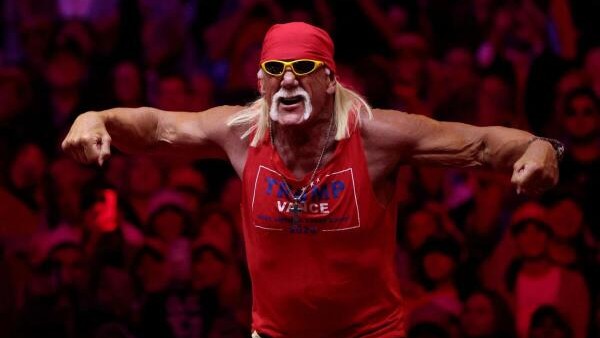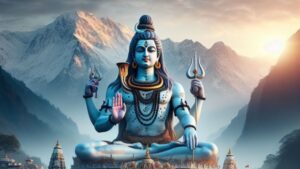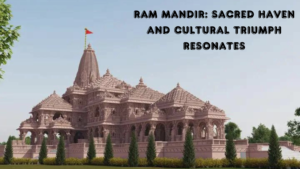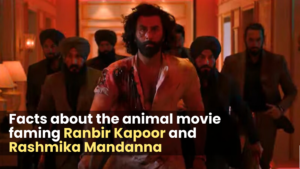Hulk Hogan, Wrestling Icon and Pop Culture Phenomenon, Dies at 71
The world of professional wrestling has lost one of its most legendary figures. Hulk Hogan, born Terry Gene Bollea, passed away at the age of 71, leaving behind a legacy that transformed wrestling into a global entertainment powerhouse. His life was a saga of strength, charisma, controversy, and inspiration—etched deeply into pop culture and sports history.
Early Life and Humble Beginnings
Born on August 11, 1953, in Augusta, Georgia, and raised in Tampa, Florida, Hogan was passionate about music and sports from a young age. Before wrestling, he played bass guitar in several bands and also dabbled in bodybuilding. His imposing 6’7” frame and magnetic presence quickly caught the attention of wrestling promoters, and by the late 1970s, Terry Bollea had officially become Hulk Hogan.
His early wrestling days were spent in smaller regional promotions before being signed by the then-World Wrestling Federation (WWF) under Vince McMahon. It was here that the legend of Hulk Hogan began to take shape.
The Rise of Hulkamania
The 1980s marked the explosion of “Hulkamania,” a cultural movement driven by Hogan’s immense popularity. Dressed in red and yellow, with a trademark handlebar mustache, bandana, and bulging muscles, Hogan brought an unprecedented energy to wrestling. His catchphrases—“Whatcha gonna do when Hulkamania runs wild on you?” and “Say your prayers and take your vitamins”—became part of American pop culture.
Hogan’s heroic persona embodied the American dream. He fought for good, against evil, often playing the role of an underdog who ultimately triumphed through heart, strength, and determination. His match at WrestleMania III in 1987 against André the Giant is still regarded as one of the most iconic moments in wrestling history, particularly when he body-slammed the 520-pound giant before a record crowd.
From Wrestler to Global Celebrity
Hogan’s influence extended far beyond the wrestling ring. He appeared in films like Rocky III, Suburban Commando, and Mr. Nanny. He was also featured in cartoons, video games, talk shows, and action figures. By the late 1980s, Hogan had become a pop culture icon, comparable to movie stars and professional athletes.
He helped elevate the WWF into a mainstream entertainment brand, attracting fans of all ages. Hulk Hogan was not just a wrestler; he was the face of a movement that brought wrestling into living rooms across America and beyond.
A Career Reinvented: The nWo Era
In 1996, Hogan shocked the world by turning heel (villain) in World Championship Wrestling (WCW) and forming the New World Order (nWo) alongside Scott Hall and Kevin Nash. The move revitalized his career and changed the wrestling industry forever. The nWo storyline dominated television ratings during the famed “Monday Night Wars” between WCW and WWE (formerly WWF).
As “Hollywood” Hogan, he embraced a darker, more aggressive persona—trading in red and yellow for black and white. This transformation showcased his versatility and longevity in an industry often marked by short careers.
Controversies and Personal Struggles
Despite his enormous success, Hogan’s life was marred by controversies. A leaked sex tape and racially insensitive remarks led to a highly publicized scandal in the mid-2010s. The fallout included being removed from the WWE Hall of Fame and public criticism.
However, Hogan later issued apologies and was reinstated into the Hall of Fame in 2018. Many fans and wrestlers expressed support and forgiveness, citing his decades-long contributions to the sport and entertainment industry.
His personal life also faced challenges—most notably a high-profile divorce and family issues, which were captured in the reality TV show Hogan Knows Best. Still, he remained a dedicated father and a resilient public figure who tried to learn and grow from his experiences.
Legacy and Influence
Hulk Hogan was a two-time WWE Hall of Famer—once as a solo performer (2005) and again as part of the nWo (2020). He won 12 world championships across WWE and WCW, headlined numerous WrestleMania events, and was a defining figure in multiple generations of wrestling.
Stars like The Rock, John Cena, and even Hollywood celebrities have credited Hogan for inspiring their careers. His impact on wrestling is immeasurable, and he helped shape it into a multibillion-dollar industry.
Health Battles and Final Years
In his later years, Hogan battled several health issues, particularly with his back, undergoing multiple surgeries. Despite physical pain and mobility challenges, he remained active in the wrestling community through interviews, fan events, and social media, often expressing gratitude to his lifelong fans—whom he affectionately called “Hulkamaniacs.”
Tributes Pour In
Following his passing, tributes have poured in from across the world. WWE issued a statement calling him “a global ambassador of sports entertainment whose impact will never be forgotten.” Wrestlers like Ric Flair, Triple H, and even younger stars like Seth Rollins and Roman Reigns paid homage to the man who paved the way.
Fans gathered at wrestling events, arenas, and online platforms to celebrate Hogan’s life, sharing stories, videos, and personal memories that defined their childhood and fandom.
Conclusion: Hulkamania Lives On
While Hulk Hogan may be gone, his legacy lives on. He was more than just a wrestler—he was a cultural force who inspired millions with his strength, determination, and spirit. The ring has lost one of its brightest stars, but Hulkamania will never die.












